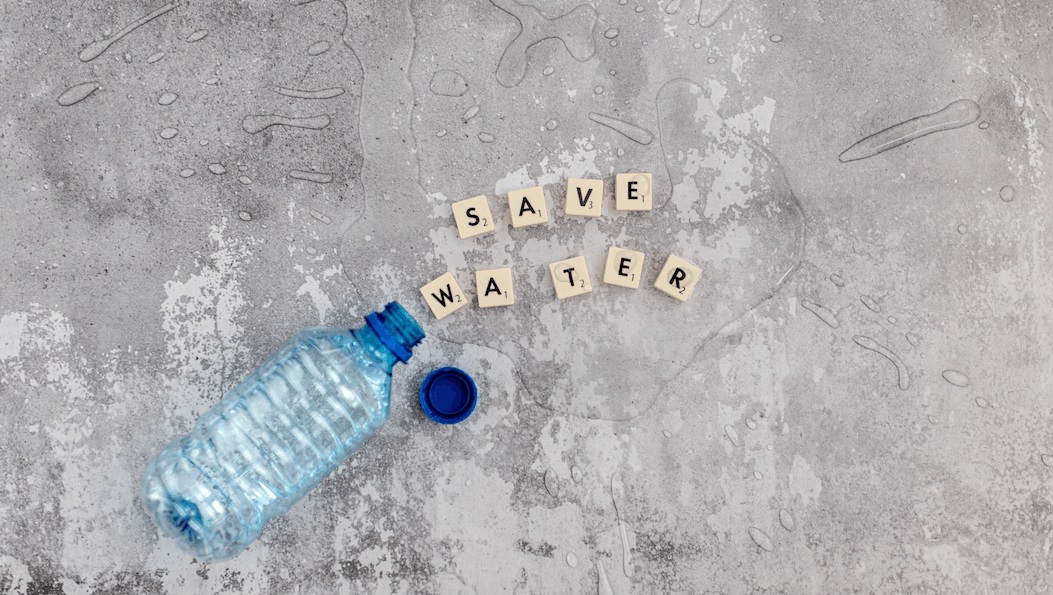Water Conservation: A Vital Responsibility for Sustainable Living
Introduction: Water, the elixir of life, is an invaluable resource that sustains all forms of life on Earth. Despite its undeniable importance, the world is facing a growing water crisis due to factors like overconsumption, pollution, and climate change. This crisis necessitates a collective effort to conserve and wisely manage our water resources. In this essay, we will explore the significance of water conservation, the challenges we face, and practical steps to promote responsible water usage.
Importance of Water Conservation (200 words):
- Essential for Life: Water is fundamental to all living organisms. It is crucial for drinking, sanitation, agriculture, and industrial processes.
- Ecosystem Balance: Aquatic ecosystems rely on balanced water levels. Overuse disrupts this balance, affecting biodiversity.
- Agriculture: Agriculture accounts for a significant portion of water consumption. Efficient irrigation techniques can reduce wastage.
- Economic Impact: Water scarcity can harm economies through reduced agricultural yields and increased costs for industries.
Challenges in Water Conservation (250 words):
- Population Growth: As the global population continues to grow, water demand increases, straining existing resources.
- Climate Change: Altered precipitation patterns and rising temperatures exacerbate droughts and water scarcity.
- Industrialization: Rapid industrial growth leads to pollution and high water usage.
- Lack of Awareness: Many people are unaware of the importance of water conservation and the impact of their actions.
Practical Steps for Water Conservation (250 words):
- Fix Leaks: Repair leaking faucets and pipes promptly, as a single leak can waste thousands of gallons of water annually.
- Install Water-Efficient Appliances: Choose water-saving appliances like low-flow toilets, high-efficiency washing machines, and water-efficient dishwashers.
- Smart Irrigation: Use smart irrigation systems that adjust watering based on weather conditions and plant needs.
- Rainwater Harvesting: Collect rainwater for non-potable uses like watering gardens and flushing toilets.
- Reduce Wasteful Practices: Turn off the tap while brushing teeth, take shorter showers, and only run dishwashers and washing machines with full loads.
- Education and Awareness: Promote water conservation through educational campaigns and community initiatives.
- Industrial Regulations: Governments should implement regulations to limit industrial water wastage and pollution.
Global Initiatives (150 words): Several global initiatives are working towards water conservation:
- United Nations Sustainable Development Goal 6: Aimed at ensuring the availability and sustainable management of water for all by 2030.
- World Water Day: Celebrated annually on March 22nd to raise awareness about the importance of freshwater and advocating for sustainable management.
- Water.org: A non-profit organization working to provide access to safe water and sanitation to communities in need.
Conclusion:
Water conservation is not just a choice; it’s a necessity for our planet’s survival. Every individual and community must play a role in preserving this precious resource. By adopting water-efficient practices, promoting awareness, and supporting global initiatives, we can ensure that future generations inherit a world with abundant and clean water. As responsible stewards of our planet, let us commit to a sustainable future where water is cherished and conserved for the well-being of all.

